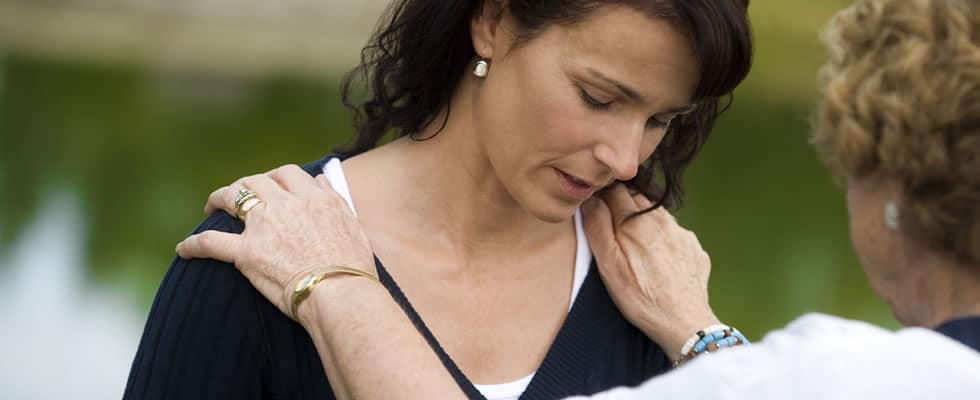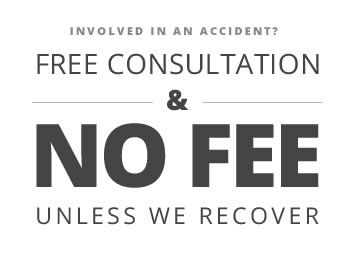Who Can Bring A Claim Under Wrongful Death? There are two separate types of claims emanating from the death of a person at the hands of tortious negligence. Whether that negligence is the result of an auto accident, slip and fall on someone’s dangerous property, assault and battery, etc. the two claims that may be brought are the same.
The victim’s spouse, children and parents have the first call for a wrongful death claim. Certain other relatives, who were financially dependent on the victim, could also have a claim. These claims are based on the loss and inherent grief, pain and suffering if you will, of a spouse, parent or child. There may also be direct economic loss of income/ support which is, in addition, compensable. If there are multiple wrongful death claimants there could be multiple attorneys and the division of available proceeds could be subject to litigation if not amicably resolved.
The deceased victim is also entitled to contribution for his/her conscious pain and suffering prior to death – a pain and suffering award. There might also be an economic claim for hospital and physicians bills and other financial losses sustained by the victim. These claims are titled as Survivorship Claims as they are simply claims brought by a surviving person on behalf of the deceased. The person bringing the action is usually titled as Personal Representative, and that person is responsible for executing all important documents needed to probate the Estate, such as engaging an attorney, requesting bank and financial records, etc. The person appointed usually was nominated as such in the deceased’s will or appointed by the Register of Wills /Orphan’s Court of the County of the deceased’s residence. This person is usually decided upon by the deceased’s family and one who is willing to take on the responsibility- usually there is no monetary award to the Personal Representative. Occasionally in the administration of a large estate, an attorney or specific financial overseer might be paid for their work.
Compensation for Wrongful Death Victims
Like all negligence claims, there are certain rules of thumb that apply. For example, the deceased must have not been contributorily negligent and must have died as a direct result of the injuries sustained in the accident. Once beyond that, any recovery is based on the damages sustained, any applicable pain and suffering damage caps and of course available proceeds, either insurance coverage or defendant’s assets.
Determining Damages
Damages for each wrongful death claimant will vary depending upon the relationship, emotional and financial. For example, a surviving spouse who has been separated from the deceased for years and was financially independent would be at the low end of a recovery, if any at all. Contrast that to a surviving spouse of 40 years, living in the family home all those years, who was also totally financially dependent upon the deceased. As for children common sense would also apply- the closed a child was with the deceased parent the greater the emotional loss and thus a larger recovery.
Damages related to the survivorship claim usually depend on what is referred to as “conscious pain and suffering”. A victim who died instantly will normally not be entitled to a pain and suffering award. In many instances the responding medic/ police official will note a pulse and life saving measured will ensue – but unless there are “conscious moans and groans” the existence of a pulse will not translate to conscious pain and suffering as a conscious moan and groan might. Obviously the longer a victim is conscious and aware of the overall circumstances, including impending death, the greater the recovery.



